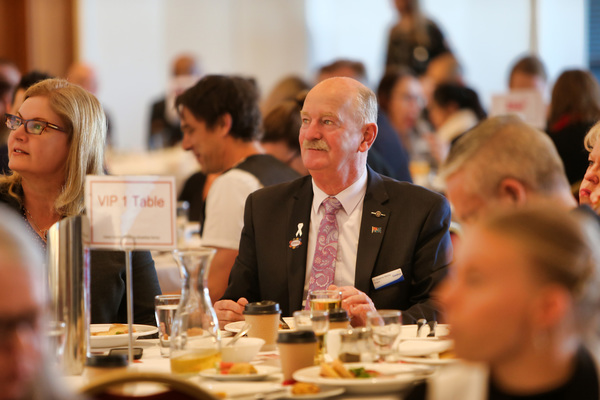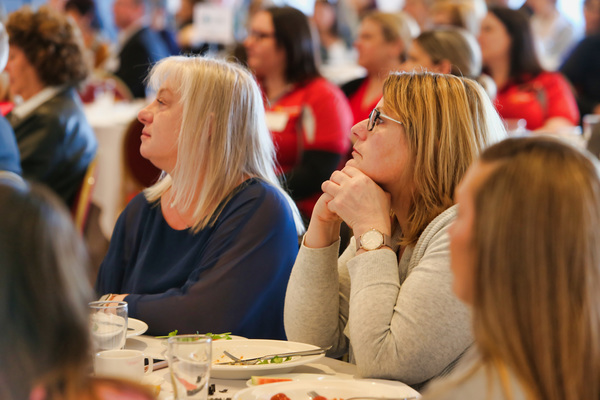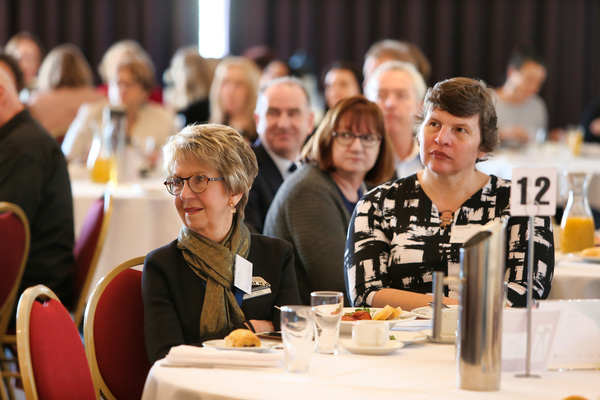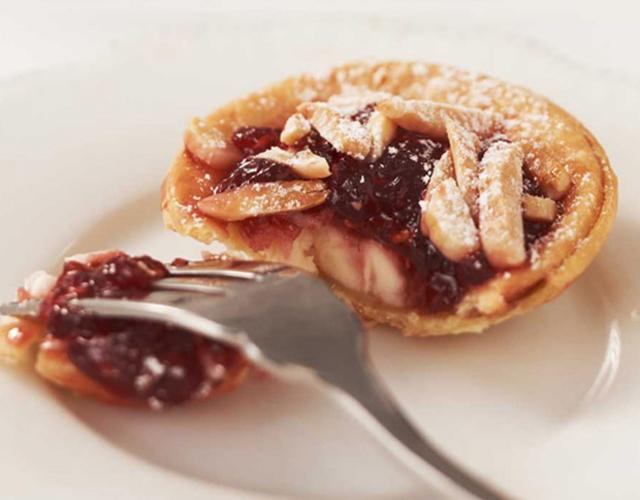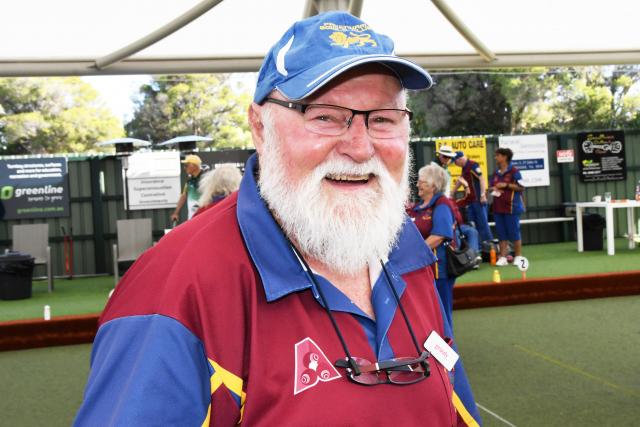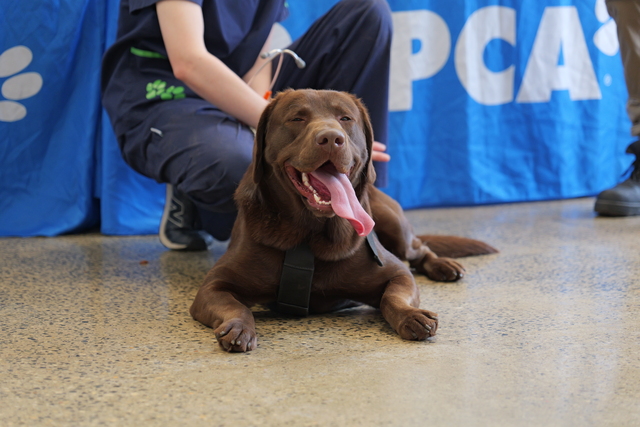Actor-turned-activist Samuel Johnson has delivered an emotional call to arms at the final Casey Cardinia Business Breakfast for the year.
The self-described “Head of Cancer Vanquishment” at charity Love Your Sister addressed a packed crowd at the Cardinia Cultural Centre on Wednesday 25 September.
Mr Johnson shot to fame in 2013 when he completed a year-long record-breaking unicycle ride around Australia to raise funds for breast cancer research following his sister Connie’s diagnosis with terminal cancer.
While it isn’t usually the sort of subject discussed over breakfast, Mr Johnson managed to humanise the Big C and provide some subtle lessons on the art of campaign organisation and management to the assembled business representatives.
Yet it was also a call to arms, with Mr Johnson detailing the next stage of his anti-cancer journey and imploring the audience to help “F*** cancer”.
He had paused a tour of Australia, on which he is meeting politicians, families, schools and organisations as he spreads the message of personalised treatment, to fly to Melbourne for the breakfast.
He spoke at length about the need for personalised treatment for the insidious disease, which could potentially save more lives by using genetic sequencing of cancer samples to target the best treatment.
Genetic sequencing is not currently widely available in Australia, he said, with many cancer sufferers forking out thousands to have their tumours tested in an American laboratory.
Mr Johnson, who told the crowd he is now “in the business of raising money for charity”, is hoping to raise $20 million for personalised treatment by December next year, when he will call on the Federal health minister to front up with more Federal funding.
One by one, members of the audience stood to thank Mr Johnson for his advocacy and fundraising work, and to share personal stories of their own brushes with cancer.
Mandy Pertzel was one of those. She had attended the breakfast with a friend and felt compelled to share her story with the room as “living proof” of what Mr Johnson was talking about.
After being diagnosed with breast cancer in 2010 and undergoing treatment, her cancer returned in 2012 at a stage four level. Her liver was riddled with tumours, and her ribs had been eaten away by cancer.
“I thought my world fell apart the first time, but it was nothing on the second time.
“To be told … you’ve got 24 to 30 months optimistically but you are going to die from this … your world crashes down.”
She was lucky enough to have a friend in the industry who arranged for genetic testing of her tumour, which was analysed in the US.
“We actually questioned why don’t we have it hear, and the government just doesn’t fund it is what we were told,” she explained.
But she knows others who were not so fortunate and endured a trial and error process of cancer treatments, some of which didn’t work.
She doesn’t know how long she has left, but for now, her medication is working. If it ever stops working the genetic testing has provided her with an arsenal of other possible treatments – her next line of defence.
“I know at some point the cancer will get me because that’s what cancer does. At some point it outsmarts the treatment and you’ve got to then find the next treatment that will work.
“I got lucky because we found the drug that would probably work for me and it has. So many women have not had that opportunity,” Ms Pertzel said.

